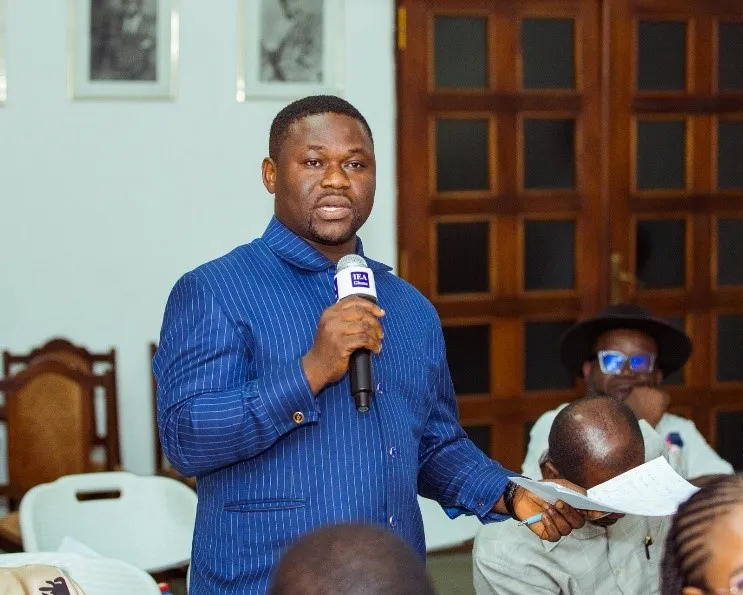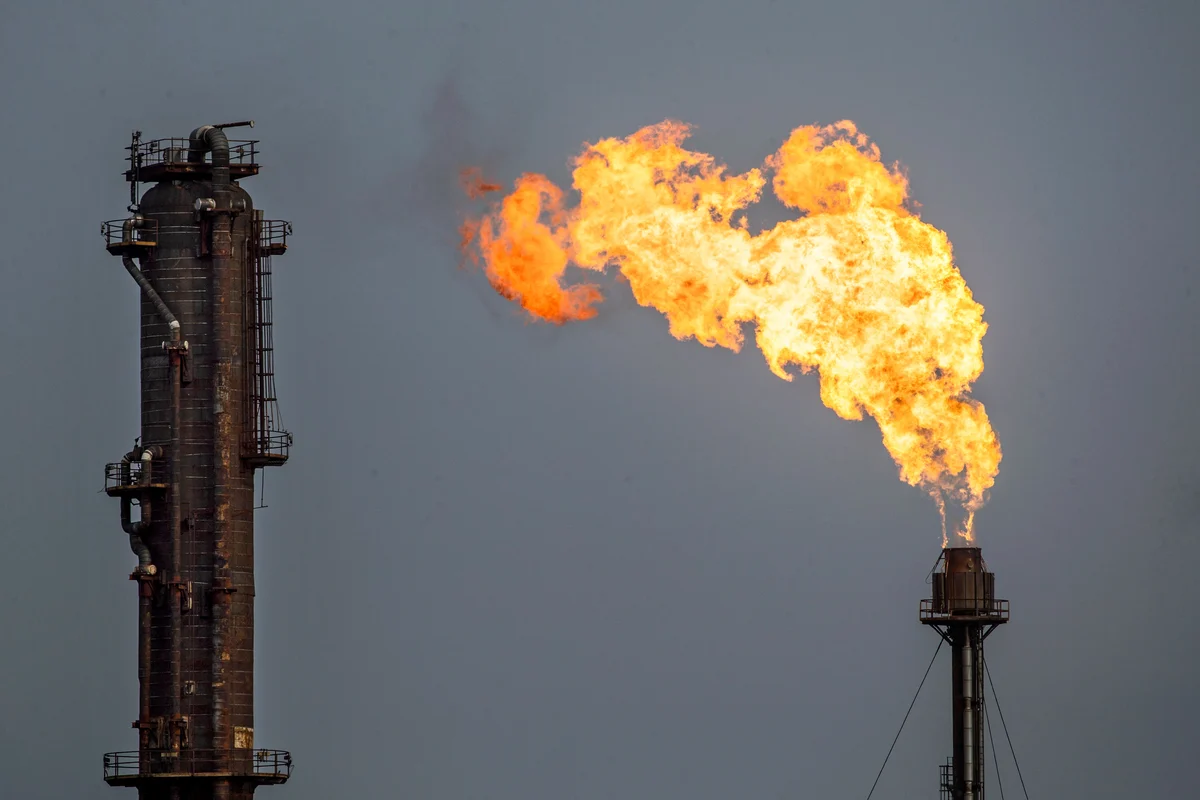Copyright thenewcrusadingguideonline

I first of all commend the Minister of Lands and Natural Resources, Hon. Emmanuel Armah Kofi Buah for this effort, as done by previous administrations as well. The last of such was the Tutu-Agyare-led Minerals Concession Audit Committee commissioned on October 27, 2021 empaneled by Hon. Samuel A. Jinapor Hon. George Mireku Duker. The recommendations of that committee fed into steps to overhaul the Mining Policies and Act in 2023. It must clearly be indicated that any small-scale mining license which is in the system now was either renewed or granted by the last NPP administration, since the last time an NDC government was in office was in 2016, and with a small-scale mining license tenor of 5 years, would expire in 2021, ceteris paribus. This technical is backed by the recent government’s claim of no issuing any of such when they assumed office. What this means is that if 2,000+ licenses are attached to the previous administration, then it means over 85% of licenses granted or renewed by the NPP have passed the NDC’s integrity test of compliance as per this directive. Going through the list of 278 licenses revoked and undertaking some background checks coupled with my experience, some were granted just in December 2024, and some prior to the handing over on January 7, 2025, and have not undertaken any work on the ground. I want to reiterate that, a license granted after a certain December 7 is not enough grounds to revoke or terminate same, in line with Regulations 211 and/or 251 of the Minerals & Mining (Licensing) Regulations, 2012, L.I. 2176. Any such revocation will lead to numerous legal suits and possible judgment debt on government. A dangerous precedence. Subject to (4), the time a Minister signs a license, when it is registered at the Ministry’s Registry and when it reaches the Minerals Commission for final registration into the cadastral system may vary and since mostly, dates by the Ministry’s registry is proxied as the starting date of the said license, for example, a Minister can sign a document on January 6 but registry dispatches it on January 8, the date of registry does not invalidate the Executive power of the Minister. The Honorable Minister should be aware of this and not create any dangerous precedence. In line with Regulation 251(3), subject to Regulation 251(2), which takes inspiration from Regulations 168–170 of the Minerals & Mining (Licensing) Regulations, 2012, L.I. 2176, the Minerals Commission is to, before the termination of a small-scale mining license, give written notice to the holder of the license stating the breach(es) which form the grounds for termination, and the holder must be given up to 120 days to remedy as set out in form 87 of the first schedule. My checks reveal that this was not done. Ghana is a country of rule of law. It is instructive to indicate that, the expiration of small-scale mining license is not in itself a ground of revocation if the holder have in line with regulation 252(1) subject to regulation 104(1) of L.I. 2176 puts in an application for renewal not later than 90 days before the expiration of the existing license. How many of the 278 licenses have expired, did they re-apply within the 90-day notice? If they did, why no grant? If they did’nt can this catalogue indicate which is which? Regulation 252(2) stipulates that, “On expiration of the term of a small-scale mining license, the Minerals Commission shall give notice to the holder as set out in Form 90 of the First Schedule. My checks indicates that, this is not yet done. In reference to point 6 above, In the year 2025, the Minerals Commission is yet to make any recommendation to the Minister for a grant of license, the Minister responsible for Mines and the President of the Republic have proclaimed that, they haven’t issue or renew any small-scale mining license, so why should some license holders suffer an institutional pause? Small-scale mining in Ghana is the country’s backbone of gold trade since the MNCs are foreign-owned, and we cannot seem to be applying the same law differently on these scales of mining and expect the small-scale mining sector to get formalized overnight. In recent precedents, companies such as Future Global Resources and Heath Goldfields—all of the Bogoso Prestea Mines—were given written notices of their breaches and 120 days’ remedy period to rectify same. In line with Sections 21 and 22 of the Minerals and Mining (Health, Safety and Technical) Regulations, 2012, L.I. 2182, Mining Inspectors issue improvement and prohibitory notices respectively to mining operations (large and small scale) whose part or whole operations, or even working environments or acts, pose danger to humans, the environment, or breach provisions of the Act and regulations to rectify and sometimes accompanied by fines. Why don’t we apply this same rule to small-scale mining companies often, instead of waking up one day just to say, “close down,” and expect formalization to happen overnight?



